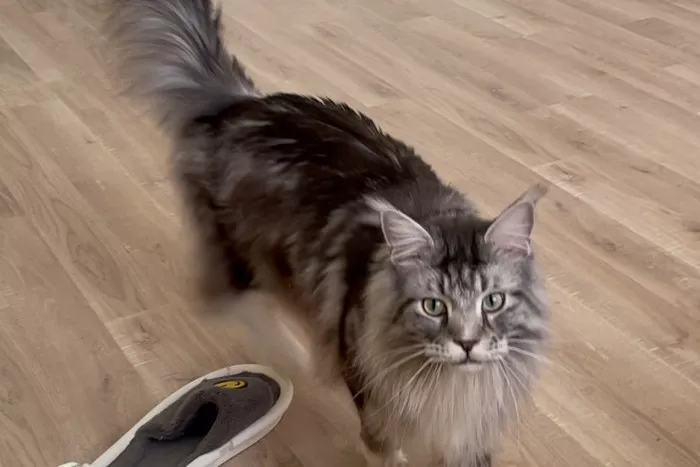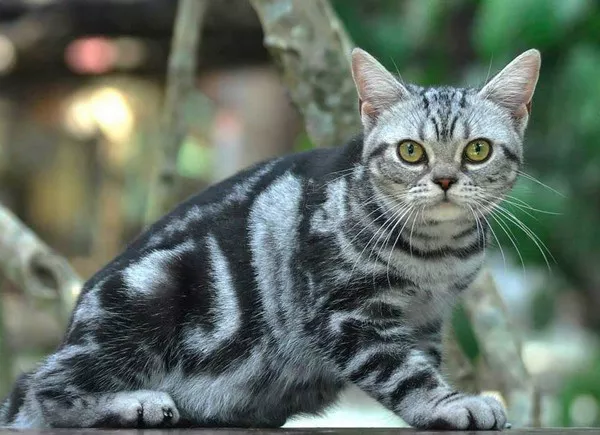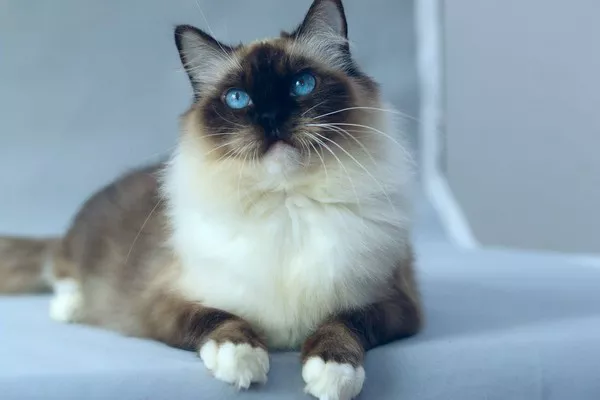Maine Coon cats, renowned for their majestic appearance and friendly demeanor, captivate cat enthusiasts around the world. As guardians of these large and lovable felines, understanding their dietary requirements is paramount to ensuring their health and well-being. One common question that arises among Maine Coon cat owners is whether these regal creatures can, or should, consume meat as a significant part of their diet. In this article, we delve into the nutritional needs of Maine Coon cats, the role of meat in their diet, and guidelines for providing a well-balanced and nourishing feeding routine.
Unveiling the Maine Coon Cat’s Dietary Profile
Before addressing the meat-related inquiries, it’s crucial to grasp the fundamental dietary characteristics of Maine Coon cats. Like all domestic cats, Maine Coons are obligate carnivores, meaning their nutritional requirements are primarily derived from animal-based sources. The key components of their diet include:
Protein: Maine Coon cats, being obligate carnivores, require a substantial amount of high-quality animal protein for essential bodily functions, including muscle development.
Fat: Healthy fats are integral for energy, skin and coat health, and the absorption of fat-soluble vitamins.
Taurine: Taurine, an essential amino acid, is crucial for heart health and overall well-being in Maine Coon cats.
Vitamins and Minerals: A well-balanced cat diet includes essential vitamins and minerals to support various physiological processes.
The Role of Meat in the Maine Coon Diet
1. High-Quality Animal Protein: Meat serves as the primary source of high-quality animal protein, fulfilling the Maine Coon’s biological need for this essential nutrient. Protein is vital for muscle maintenance, repair, and overall growth.
2. Taurine Content: Meat, particularly in its raw or minimally processed form, is a rich source of taurine, addressing the specific dietary requirement of Maine Coon cats.
3. Energy Requirements: The energy needs of Maine Coon cats are efficiently met through a diet rich in animal protein and moderate levels of fats. This reflects their evolutionary adaptation as skilled hunters.
4. Maintaining Lean Body Mass: Adequate protein intake supports the maintenance of lean body mass, contributing to the characteristic strength and stature of Maine Coons.
Addressing Meat Consumption: Key Considerations
1. Commercial Cat Food: High-quality commercial cat food designed for Maine Coon cats is formulated to meet their specific nutritional needs. These foods typically include a balance of animal-based proteins, fats, and essential nutrients.
2. Raw or Homemade Diets: Some cat owners opt for raw or homemade diets, incorporating raw meat into their Maine Coon’s meals. While this approach can provide high-quality protein, it requires careful planning to ensure nutritional adequacy and prevent health risks associated with raw diets.
3. Avoiding Harmful Foods: Not all meats are suitable for Maine Coon cats. Certain seasonings, additives, and toxic foods must be avoided. Onions, garlic, and excessive salt are examples of ingredients that can be harmful to cats.
4. Consulting with a Veterinarian: Before making significant changes to a Maine Coon’s diet, consult with a veterinarian. Professional guidance ensures that dietary adjustments align with the cat’s individual health requirements.
5. Hydration Importance: Regardless of the chosen diet, maintaining proper hydration is crucial for Maine Coon cats. Wet cat food or the addition of water to dry kibble can contribute to their overall water intake.
Tailoring the Diet to Individual Needs
1. Age-Appropriate Nutrition: The dietary needs of Maine Coon cats evolve with age. Kittens, adults, and seniors have specific nutritional requirements, and selecting age-appropriate cat food is essential.
2. Weight Management: Maine Coons are a large and robust breed, but weight management is still crucial. Monitoring their weight and adjusting portions accordingly helps prevent obesity-related health issues.
3. Monitoring Allergies or Sensitivities: Individual Maine Coon cats may have allergies or sensitivities to certain proteins. If signs of allergies, digestive upset, or skin issues arise, it’s essential to explore alternative protein sources.
Conclusion
In the intricate tapestry of feline nutrition, the question of whether Maine Coon cats can eat meat finds its answer in the essence of their obligate carnivore status. Meat, with its rich protein content and essential nutrients, forms the cornerstone of a Maine Coon’s diet, mirroring their evolutionary adaptation as skilled hunters.
Whether opting for high-quality commercial cat food or considering raw or homemade diets, the emphasis should be on meeting the unique nutritional needs of Maine Coon cats. Professional veterinary guidance, individualized dietary plans, and a commitment to providing a well-balanced, species-appropriate diet contribute to the overall health and happiness of these majestic feline companions.
As devoted stewards of Maine Coon cats, the journey of understanding their dietary preferences and ensuring optimal nourishment is a testament to the enduring bond between humans and their feline companions. By honoring the biological needs of Maine Coon cats, we pave the way for them to thrive, showcasing their regal grace and robust vitality throughout their lives.


























